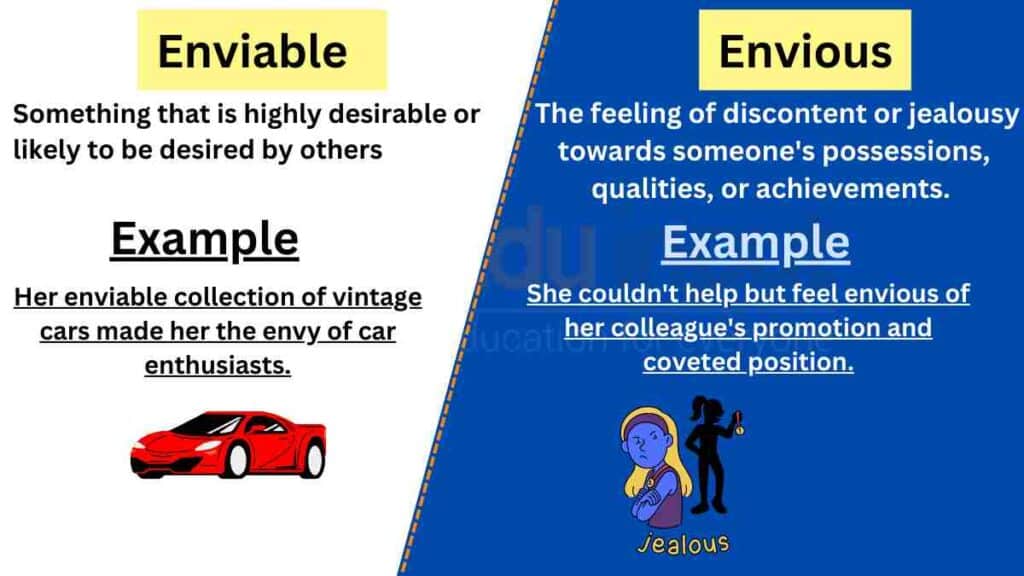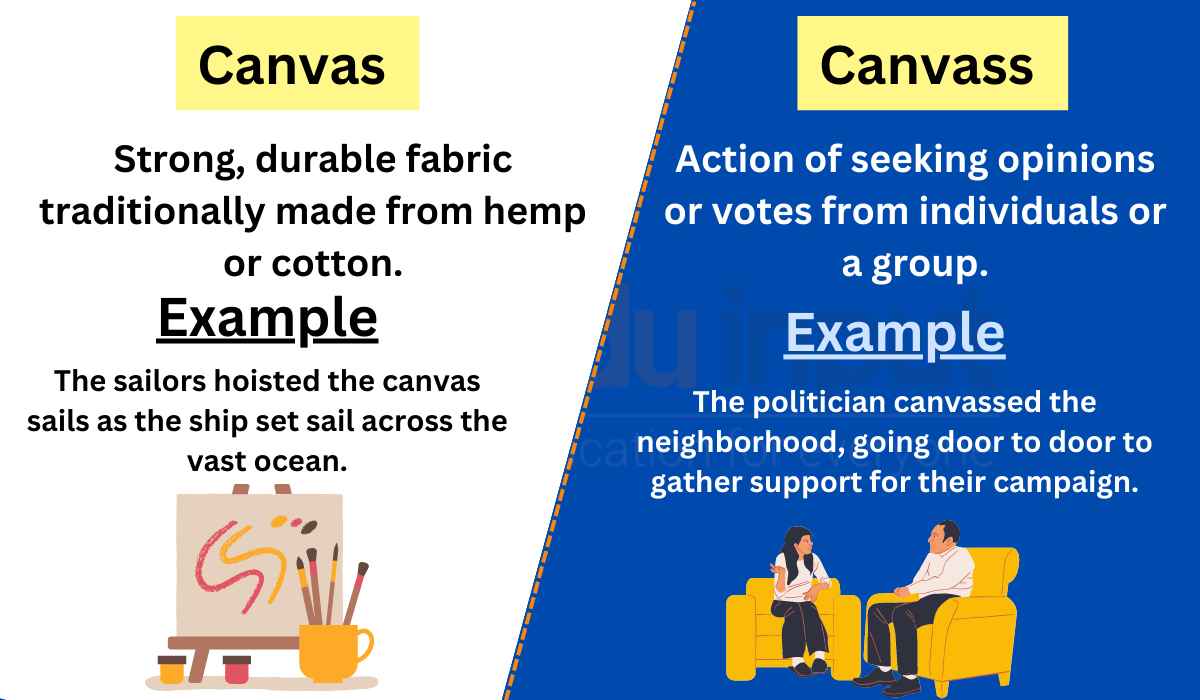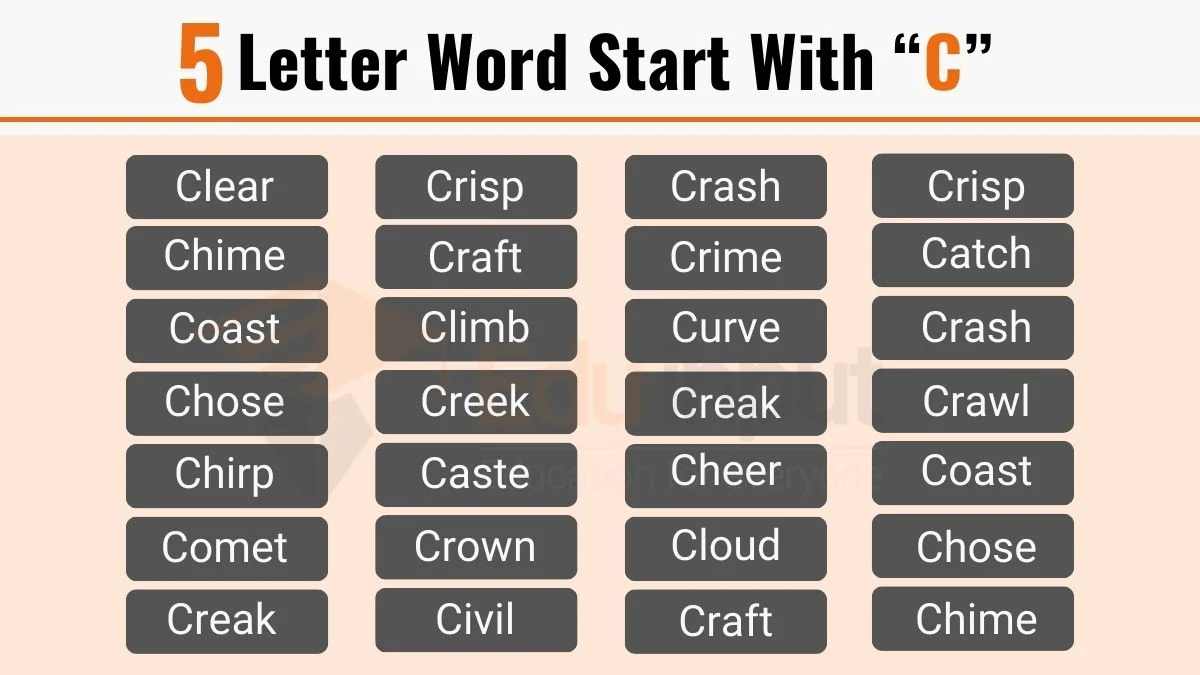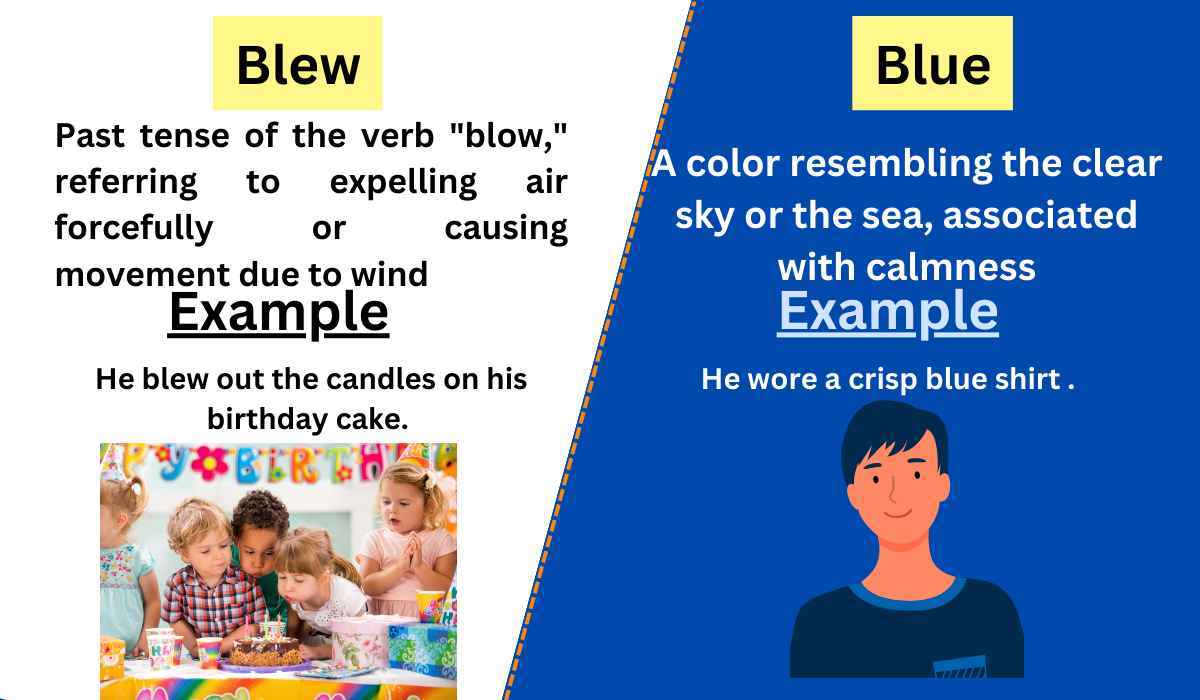Enviable vs Envious-Difference Between and Examples
Don’t get mixed up between “enviable” and “envious.” These words sound similar, but they have different meanings. Let’s clear things up with simple explanations, examples, and a comparison. Understand their unique definitions to communicate better and avoid confusion.

Meanings and Examples
Enviable Meaning
Adjective: The meaning of Enviable describes something that is highly desirable or likely to be desired by others. It implies that others may feel a sense of admiration or longing for what one possesses or achieves.
Enviable Examples
- Her enviable collection of vintage cars made her the envy of car enthusiasts.
- The newlyweds embarked on an enviable honeymoon trip to a tropical paradise.
- His enviable success in the business world earned him widespread recognition.
Envious Meaning
Adjective: The meaning of Envious refers to the feeling of discontent or jealousy towards someone’s possessions, qualities, or achievements. It denotes a desire to possess what someone else has.
Envious Examples
- She couldn’t help but feel envious of her colleague’s promotion and coveted position.
- The envious glances from her peers indicated their longing for her artistic talent.
- His envious remarks revealed his deep-seated resentment towards his brother’s accomplishments.
Difference Between Enviable and Envious
| Enviable | Envious | |
| Adjective | Highly desirable, likely to be desired | Feeling discontent or jealousy |
| Example | Enviable collection, enviable success | Envious of promotion, envious glances |
| Usage | Describing something admired or desired | Expressing feelings of jealousy or envy |
| Grammar | Adjective | Adjective |
Usage in a Paragraph
To better understand the distinction between “enviable” and “envious,” let’s consider a scenario in the context of a school talent show. Sarah’s exceptional singing ability and captivating performance received thunderous applause from the audience. Her classmates couldn’t help but feel envious of her talent, secretly wishing they possessed the same vocal prowess. In this scenario, “enviable” highlights Sarah’s desirable singing skills, indicating that others admire and desire her talent. Conversely, “envious” conveys the feelings of discontent and jealousy experienced by her classmates, reflecting their longing to possess a similar talent.
By recognizing the difference between “enviable” and “envious,” we can use these words accurately and convey our intended meanings effectively. “Enviable” describes something highly desirable or likely to be desired, suggesting that others may feel admiration or longing for it. On the other hand, “envious” expresses feelings of discontent or jealousy towards someone’s possessions, qualities, or achievements. Understanding the nuances of these words allows us to communicate our thoughts and emotions accurately, avoiding confusion and misunderstandings.







Leave a Reply